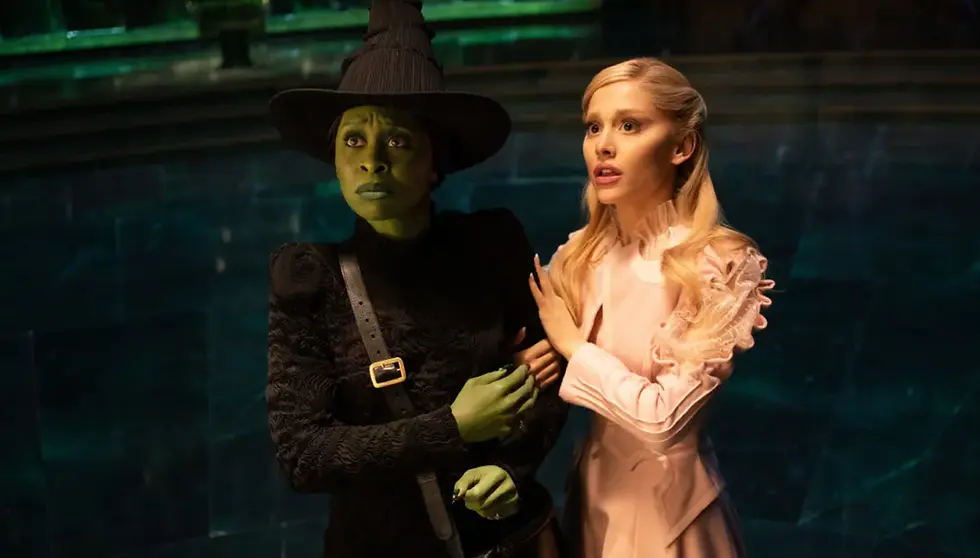Man of La Mancha - London Coliseum
- comaweng
- May 6, 2019
- 3 min read

As it’s such a rarity even in West End musicals these days, it’s always good to hear the English National Opera’s orchestra (44-strong for this production of Man of La Mancha). Rather disappointing, then, that there are many sung verses in this show performed without accompaniment. And, of course, if they had opera singers doing it, they’d be doing it without microphones as well. There were some people who pointed out that they are giving this production a wide berth for the simple fact that its lead actor, Kelsey Grammer, is an outspoken supporter of the Donald Trump presidency and its policies. I haven’t seen any footage of his pro-Trump statements (nor am I inclined to do so) but I assume he wants ‘the wall’ and rejects the general consensus with regards to climate change, and so on and so forth.
Grammer’s character, Don Quixote, even says, “Facts are the enemy of truth!” perhaps channelling his inner Kellyanne Conway (previously of the Trump Administration). As this is a story within a story, a drama about drama, eighteen of the twenty-nine cast have more than one part, and the whole thing, narrative-wise, is a confuddled mess. So much so that there’s a two-page synopsis in the show’s programme. It’s not entirely impossible to follow, not least because Quixote is also the show’s narrator, going as far as to introduce characters in a not dissimilar manner to the way in which people are introduced in pantomime. Here comes Character X, along with Character Y.
There is, I think, a certain sense of humour that attempts to permeate the musical, but it is in the end rather absurdist, and one needs to go with the flow somewhat. That is, if one is able to determine in which direction the flow is headed in the first place. Quixote has an overactive imagination: he insists Aldonza (Danielle de Niese) is called Dulcinea, for instance, but I couldn’t make head or tail as to why on earth this was or what the significance of the name is, if any. At a push, it could be argued that there have been, and probably still are, some men who think they know a woman, but really don’t, and so Dulcinea, who doesn’t exist, is representative of the figment of a given man’s imagination of a woman they think they love, but really, that woman’s true personality and personal preferences are far removed from the said figment.
And now perhaps I’m making little (or even no) sense myself – this show is a bit contagious in that regard. The issue I have with Grammer’s portrayal of the main character is not so much the singing (it’s Nicholas Lyndhurst as The Innkeeper who really can’t sing). I found Grammer’s rendering of ‘that song’, ‘The Impossible Dream’, to be quite adequate. It’s rather that his Quixote comes across as too sane to have lost his wits, and thus the character doesn’t, alas, convince. It is often said that there is often a good reason why certain shows, like Man of La Mancha, are rarely revived – simply, there are better ones out there to bring back.
Peter Polycarpou is suitably amusing as Quixote’s right-hand man. Minal Patel’s Padre stands out in his solo number ‘To Each His Dulcinea’. de Niese is technically excellent, with crystal clear delivery, and even during a harrowing scene with a musical number called, accurately enough, ‘The Abduction’, there’s a lively enthusiasm about her. I just couldn’t warm to it as a whole, however, and on the way out, found myself agreeing far more with the man in the row behind who said he still didn’t understand half of it than the woman on my right who clapped, cheered and hollered at curtain call as though she had just won the EuroMillions jackpot.
What amused me more than anything was a note in the programme from Michael Linnit and Michael Grade. For them, Man of La Mancha “ranks on equal terms with My Fair Lady, West Side Story and Rodgers and Hammerstein’s greatest hits”. As Margaret Thatcher used to say, “No, no, no!”




Comments